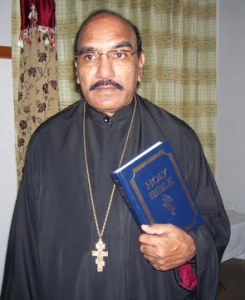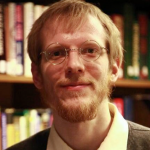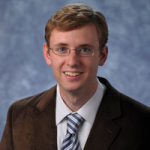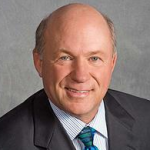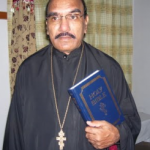
Deprecated: trim(): Passing null to parameter #1 ($string) of type string is deprecated in /home/aoiusa/public_html/wp-content/plugins/sexybookmarks/public.php on line 388
Deprecated: trim(): Passing null to parameter #1 ($string) of type string is deprecated in /home/aoiusa/public_html/wp-content/plugins/sexybookmarks/public.php on line 394
Deprecated: trim(): Passing null to parameter #1 ($string) of type string is deprecated in /home/aoiusa/public_html/wp-content/plugins/sexybookmarks/public.php on line 400
By Cal Oren
On Saturday, March 9, 2013 a crowd of Muslim Pakistanis attached a small Christian neighborhood known as the St. Joseph Colony in the city of Lahore, Pakistan. This was shortly after an incident earlier in the week, when one Muslim resident had accused another Christian resident of blasphemy against Muhammed after the two had engaged in a dispute. The police arrested the Christian accused of blasphemy on Friday, and the mob action took place the next day.
The secular press (including the New York Times) reported this incident, using Pakistani government supplied figures of 178 houses, 18 shops, and 2 churches damaged by the fires that the mob started. Some news reports carried estimates of the mob size as approximately 2,000 to 3,000. What they failed to report – obviously because the government did not supply these figures – is much more disturbing.
Fr. John Tanveer, a native of Lahore, is an Eastern Orthodox priest who lives in Lahore. While he does not live in the St. Joseph Colony, a few of his parishioners do, and they lost their houses. He visited the area the next day, and has been returning almost daily to try to bring some comfort and aid to those affected. His reports are based on his own personal observation, as well as many interviews with the residents of the Colony about what they experienced. Here are some of the facts that he has reported.
- The number of homes destroyed is at least 350, or twice the size of the government estimate.
- The residents estimated the crowd at over 5,000, again approximately double the numbers used by the press.
- Residents stated that the entire operation was very well planned and deliberate, not a case of a peaceful demonstration getting out of hand.
- Residents report that chemicals of some sort (perhaps gasoline?) were used to start and fuel the fires. If you look at the photos, you will notice that the structures in the Colony are all brick and stone. Thus, a single fire or a few fires would not have spread to decimate hundreds of buildings without the widespread use of artificial accelerants.
- The police told residents in the Colony the previous day (Friday) that they should leave the area. This clearly indicates that the government was aware of the planned mob action, and wanted to minimize the loss of life.
- During the mob violence, the police were present in small numbers, and took no action to stop the rampage.
- The St. Joseph Colony is located on land near a number of industrial sites including steel and iron-making plants. It is well-known that these industries would like more land to expand their operations, and many residents believe that is why the entire incident took place – to force the Colony residents to abandon their homes leave the area.
Fr. John states that neither the government nor any of the large international humanitarian NGO’s have responded with any significant aid. He has been preparing and bringing food to the Joseph Colony every day, but his parish does not have the funds and resources to give the sort of aid that will be needed to care for these displaced residents and help them rebuild.
Please take a look at some photos taken by Fr. John on the website of the Pakistani Orthodox Church (www.orthodoxpakistan.org) and consider making a contribution to help. This is a volunteer effort, and there are no administrative costs. Every dollar sent goes straight to Fr. John who will use it to provide food and other assistance to the St. George Colony residents. Donations may be made by mail or Paypal as stated on the website. Please pray for these displaced fellow Christians, and please pray for Fr. John, his wife Rosy, and their four children as they minister in the name of Christ. And PLEASE forward this email to as many Christians as you can.

Pictures from Fr. John
Click to enlarge

|

|
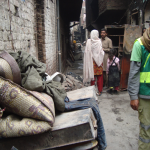
|
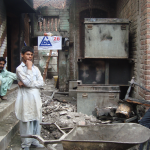
|
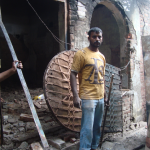
|

|
Read more: Muslims Desecrate and Burn Christian Holy Bibles in Lahore
